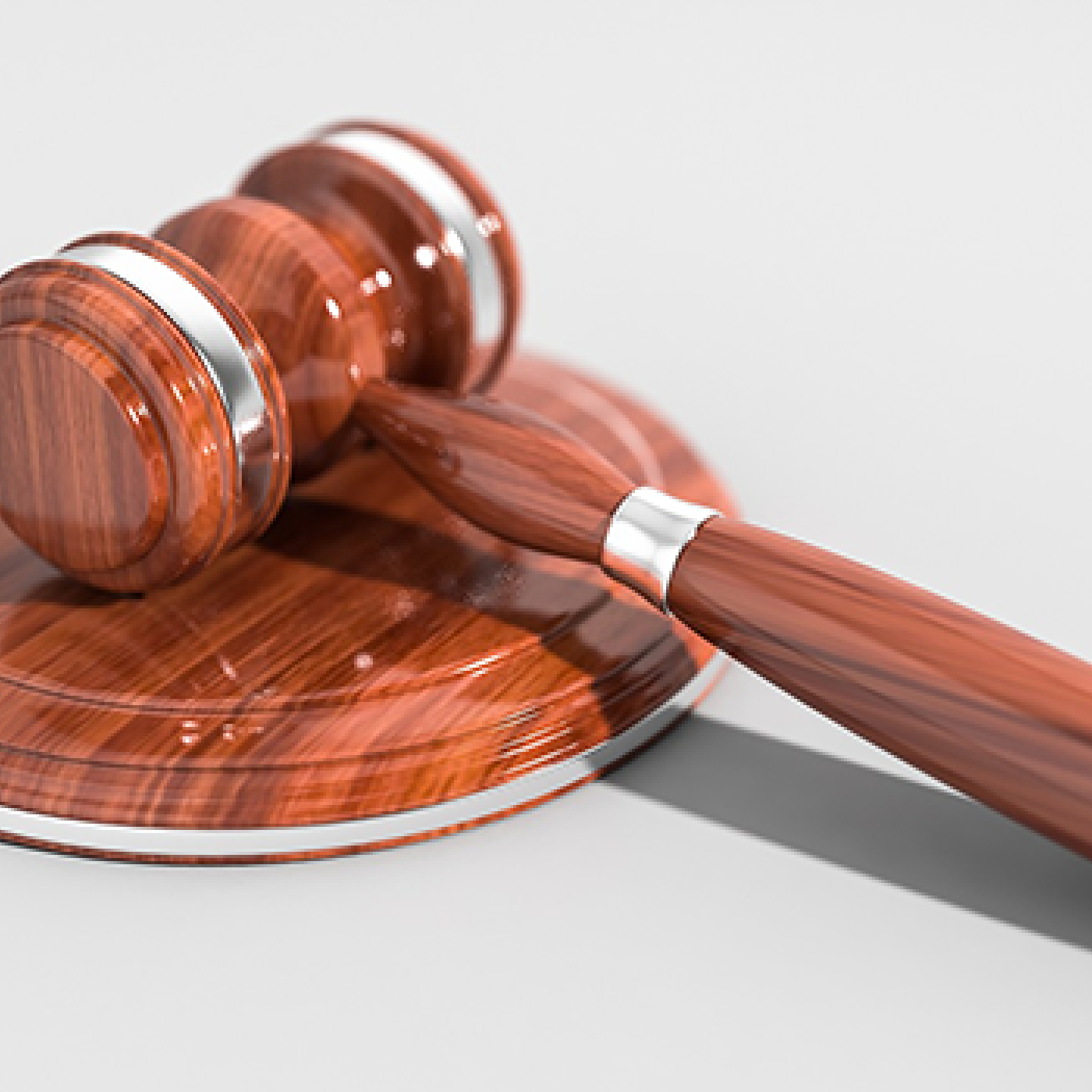Search
Filter by
Type
Publication date
Language
Type
Publication date
Language
News & Updates
Feature
Elections on Trial Project: Inaugural Meeting of the Europe and Eurasia Electoral Jurisprudence Working Group
IFES is working to establish peer networks in Europe and Eurasia and Africa, supported by the United States Agency for International Development. Regional knowledge exchange allows judges and election commissioners to discuss best practices and share comparative examples of how other countries deal with specific categories of complaints and disputes.
Publication
Report/Paper
Corruption in China: Half-way Over the Great Wall
The legal-judicial transformation taking place behind China’s Great Wall outpaces most other developing and transitional countries, but is reaching a critical crossroads.
November 08, 2006
Publication
Report/Paper
Global Lessons and Best Practices: Fighting Corruption and Promoting the Rule of Law Through Transparency, Openness and Judicial Independence
IFES believes all countries, including China, should publish an annual State of the Judiciary Report that will serve as both an internal and external tool that can be used by multiple stakeholders for multiple purposes, including promoting and systematically reporting on needed reforms and key issues. It should be disseminated to the public at large, as well as to targeted stakeholders, such as the business and human rights communities, bar associations, judges, reformers, policy-makers and donors. We believe the publication and distribution of the report will increase the quality and quantity of concrete information on the judiciary, more transparency, accountability and public awareness, qualitative comparative research and valuable cross-country lessons learned and judicial competition. We invite and challenge you to demonstrate your firm commitment to the important task ahead.
January 19, 2006
Publication
Report/Paper
Lithuania: Money and Politics Case Study
Lithuania has rapidly developed both politically and economically since emerging from the Soviet Union in 1991. While the country has built a functioning parliamentary system of government, has become a member of NATO, and is on the verge of joining the European Union, it still faces many problems associated with the many consolidating democracies around the world. As in all democracies, populations need to trust that those they elect will represent their interests. Problems such as corruption, weaknesses in laws concerning the political financing, and unaccounted for political income and expenditures threaten the credibility of the process and hinder the speed at which democracy is consolidated. Additionally, Lithuania lacks the high level of vibrant debate about the issue of political financing among scholars, journalists and civil society bodies required to promote meaningful reform. Recognizing this, Lithuania has developed an independent Central Electoral Committee (CEC) and adopted laws requiring detailed and public disclosure of political finance accounts. Prior to conducting Money and Politics programming in Lithuania, the CEC had made a demonstrable interest in making information public. While scanning summary report of accounts and placing them on the internet, the user could not search, not easily compare and analyze the information. Interested parties were required to make an appointment to view more detailed, paper-based information. Further, while the Tax Authorities are required to audit final political party reports, enforcement is widely considered to be weak. Few, if any, cases of political finance violations have been forwarded and investigated, not to mention prosecuted. By addressing the difficult issues surrounding political finance with the support of IFES in 2002 and 2003, Lithuania is emerging as a model for other consolidating democracy to follow. Significant areas remain to be addressed. While Lithuania has taken concrete steps to reform political finance legislation, open political finance information to public scrutiny and oversight, and encourage debate, further efforts are required to actively enforce laws and regulations and raise the level of debate among the various governmental, legislative, and civil society groups. By addressing these areas, Lithuania has the potential for being an example of best practices while making local expertise and resources to other countries undergoing similar reforms.
December 31, 2002
Election Material
Ballot
Norway Labour Party List Ballot 1997
Sample party list ballot used for Norwegian Parliamentary elections on 15 September 1997. This ballot was used in Trondheim and featured 21 candidates.
Publication
Report/Paper
Hong Kong Elections: Transition to Autonomy
This report on the Hong Kong elections discusses the institutions involved with the election process, the issues currently under debate and the potential avenues of participation by the Secretariat in the transitional election process.
June 24, 1997
Publication
Report/Paper
Pre-Election Technical Assistance Mission, Chad, 1 - 24 November 1995
This report summarizes the pre-election technical assistance provided by IFES in Chad prior to elections in 1996. The report summarizes the on-the-spot assistance provided by IFES, the development of an electoral calendar and efforts devoted to voter registration. The report also includes a list of problems with the planned elections ranging from political and institutional problems to questions about security. The report concludes with recommendations for elections in Chad. Included with the report are several documents concerning electoral law, regulations and the constitution of Chad.
November 30, 1995
Election Material
Ballot
Norway Municipal 1995
Ballot used for municipal elections in Oslo, Norway on 11 September 1995. The ballots seen are for the Conservative Party (Høyre) in Oslo.
Election Material
Ballot
Norway Ballot 1995
Ballot used for local elections in Norway on 11 September 1995. This ballot was used in the Boler district of Oslo.




